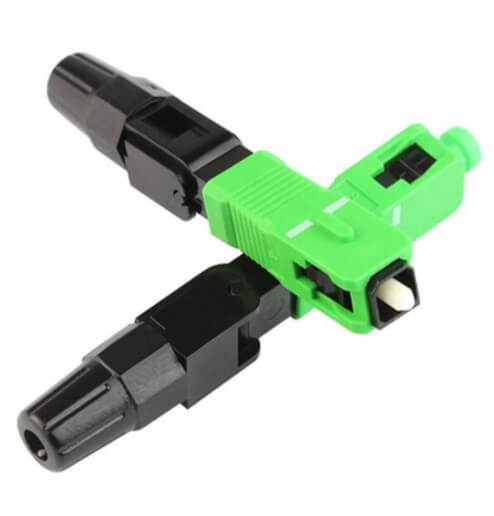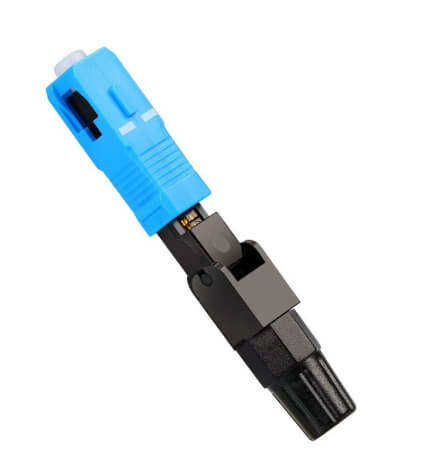How to Connect Fiber Optic Cable to Connectors?
How to Connect Fiber Optic Cable to Connectors?
Blog Article
Fiber optic connector play a vital role in the field of optical communications, achieving seamless connections between fiber optic cables and devices. How to connect fiber optic cable? Understanding the complexity of connecting fiber optic cables is essential to achieve high-speed and stable data transmission.

1.Understanding Fiber Connector Structure
Fiber optic connectors are cleverly designed to contain ferrules, containers, and housings. The ferrule acts as an alignment instrument for the optical fiber, while the socket accommodates the ferrule.
The housing’s duty is to protect and secure the connector, and materials such as metal or high-grade plastics are used to make these connectors. Ensure its life and stability.
2.Working Principle of Connector

The core of the function of fiber optic connectors is the principle of holographic interference when light passes through the optical fiber. It is crucial that the pins and sockets inside the connector are precisely aligned with the fiber core. And this arrangement facilitates uninterrupted light transmission.
The contact surface carefully polished to improve the efficiency of light transmission. Which making the connector a miracle of optical technology.
3.How to Connect Fiber Optic Cable
The process of connecting a fiber optic cable to a connector involves several meticulous steps.
Step 1: Prepare the work area
Make sure the environment is clean and use anti-static gloves to protect the optical fiber from static damage.
Step 2: Strip the Fiber Optic Cable
Use a stripping tool to carefully remove the outer insulation of the cable to expose the inner fiber.
Step 3: Clean the fiber
Use a specialized cleaning solution and fiber cleaning rods to remove contaminants from the fiber end.
Step 4: Position the fiber
Align the fiber end with the connector core to ensure precise placement.
Step 5: Secure the fiber
Use a clamp or adhesive to secure the fiber in place to ensure a secure connection.
Step 6: Test the connection
Use tools such as an optical power meter or optical time domain reflectometer to evaluate the quality and performance of the connection.
4.Fiber Optic Connector Manufacturing Methods
The production of fiber optic connectors involves several key stages
Step 1: Material Preparation
Select appropriate metal or plastic materials that meet stringent quality standards.
Step 2: Machining Parts
Making ferrules, containers, and housings using precision tools to ensure accurate dimensions and smooth surfaces.
Step 3: Polishing
Polishing the contact surfaces improves connection quality and transmission efficiency.
Step 4: Assembly
After thorough cleaning, carefully assemble the connector components.
Step 5: Quality Inspection
Perform a comprehensive inspection, including optical and physical performance testing. Verify that the connector meets all specifications in the vast field of optical communications. The ability to effectively connect fiber optic cables to connectors is critical.
For further guidance or to explore our range of high-quality fiber optic solutions. Visit TOEM and MIC TOEM, optical communications is our specialty. Report this page